Introduction
An air purifier is a device that cleans and freshens the air in your home. what does a purifier do? Air purifiers come in different sizes, styles and models, so there's one that's right for your needs. They can be used to help prevent allergies and asthma , as well as treat pet allergies or other health issues related to breathing quality.
Air purifiers can help prevent allergies, asthma, and chronic obstructive pulmonary disease, and can help treat pet cause to allergies.
Air purifiers can reduce the amount of dust, pollen, mold spores and other particulates in your home. They can help you feel better by preventing allergies, asthma and chronic obstructive pulmonary disease (COPD). Air purifiers with HEPA filters can remove pet hair, germ dander and other allergens from the air in your home to help treat allergies.
What does an air purifier do for allergies?
An air purifier helps people with allergies. Allergens are removed from the air, which can help reduce allergic reactions in people with asthma and chronic obstructive pulmonary disease (COPD). You can also find models that are effective at removing pet dander and other irritants.
Asthma: Air purifiers are especially helpful for people who have asthma, as they can reduce symptoms such as coughing and wheezing by reducing allergens in the home. There is no cure for allergies, but some studies suggest that an air purifier may improve symptoms of asthma over time.
COPD: Because COPD often requires patients to stay inside where there is less pollution, those suffering from this condition should use an air purifier on a daily basis to keep their living spaces clean and healthy
Pet owners: Those who own pets or live with animal lovers should consider investing in a high quality model that has been designed specifically for pet owners . These machines will remove all traces of animal dander from your home's surfaces so that even if your dog sleeps on the couch next to you every night, there won't be any trace elements left behind after he leaves!
An air purifier remove dust, bacteria, viruses, pollen, odors,smoke
Air purifiers are great for removing dust, bacteria, viruses, pollen, odors and smoke. Air purifiers can even clear the air of wildfire smoke. The most important feature of an air purifier is its efficiency at removing allergens in the home.
An air purifier removes pet dander from the home which can cause allergies to dogs and cats when they shed their fur into your carpeting or onto your furniture. A good quality HEPA filter will catch animal dander before it gets inside your lungs so that you don’t develop allergies to animals that live with you or visit regularly.
An air purifier remove wildfire smoke
A HEPA air filter is a good choice for removing wildfire smoke from your home. A HEPA filter is a high efficiency particulate air (H13 HEPA) filter that can remove 99.97% of particles 0.3 microns or larger in diameter, including dust mites, pollen and pet dander. These filters work by using an electrostatic charge to attract particles to the filter surface where they adhere and collect until they reach a certain size that can be captured inside the filter. When this occurs, the particle will drop off into the collection chamber where it can be disposed of without having anything else being introduced into your home's environment except clean air!
Because wildfire smoke contains fine particulates such as ash or soot that are invisible to the naked eye but still harmful to breathe in or ingest when inhaled through mucous membranes like those found inside of our noses or throats (which makes them especially dangerous for children), it's important to use a high-efficiency particulate air (HEPA) filtration system if possible because these systems will provide much better protection from these types of airborne pollutants than any other type available on today's market place currently available at reasonable prices too!
Air purifiers work by filtering out airborne particles to clean the air in your home, which is helpful if you have allergies or asthma.
Air purifiers work by filtering out airborne particles to clean the air in your home, which is helpful if you have allergies or asthma. Air purifiers remove dust, bacteria, viruses, pollen and other contaminants from the air.
Airborne particles include dust from carpets and floors; bacteria found in pet hair and dander; viruses such as colds that can be spread by sneezing or coughing; mold spores produced by damp basements; smoggy exhaust fumes produced by motor vehicles (cars) or industries like mills; wildfire smoke produced in regions prone to forest fires such as California's Valley Fire during 2015-16 when over 3 million acres burned across California - some of which was caused by arsonists who set fires deliberately so they could watch them burn!
A good quality air purifier can be a useful addition to your home if you suffer from allergies, asthma or COPD.
While it’s true that air purifiers are not a panacea for allergies, asthma and COPD, they can be an effective tool in the fight against these conditions. The main thing to consider when buying an air purifier is how much pollution you want it to remove from your home.
If you have allergies or asthma and want a good quality filter in your home, then an air purifier could be useful to you. You should look for a model with HEPA filters (high efficiency particulate arresting) as this will remove 99% of dust particles from the air. There are many other types of filters available but these tend not to be as efficient at collecting dust particles out of the atmosphere as HEPA filters are.
Conclusion
While it’s not a cure for allergies or asthma, an air purifier can help improve your quality of life. And while they do work in many cases, they aren’t 100% effective all the time. If you have severe allergies or asthma, you may need to take additional measures such as prescription medications or allergy shots from your doctor.

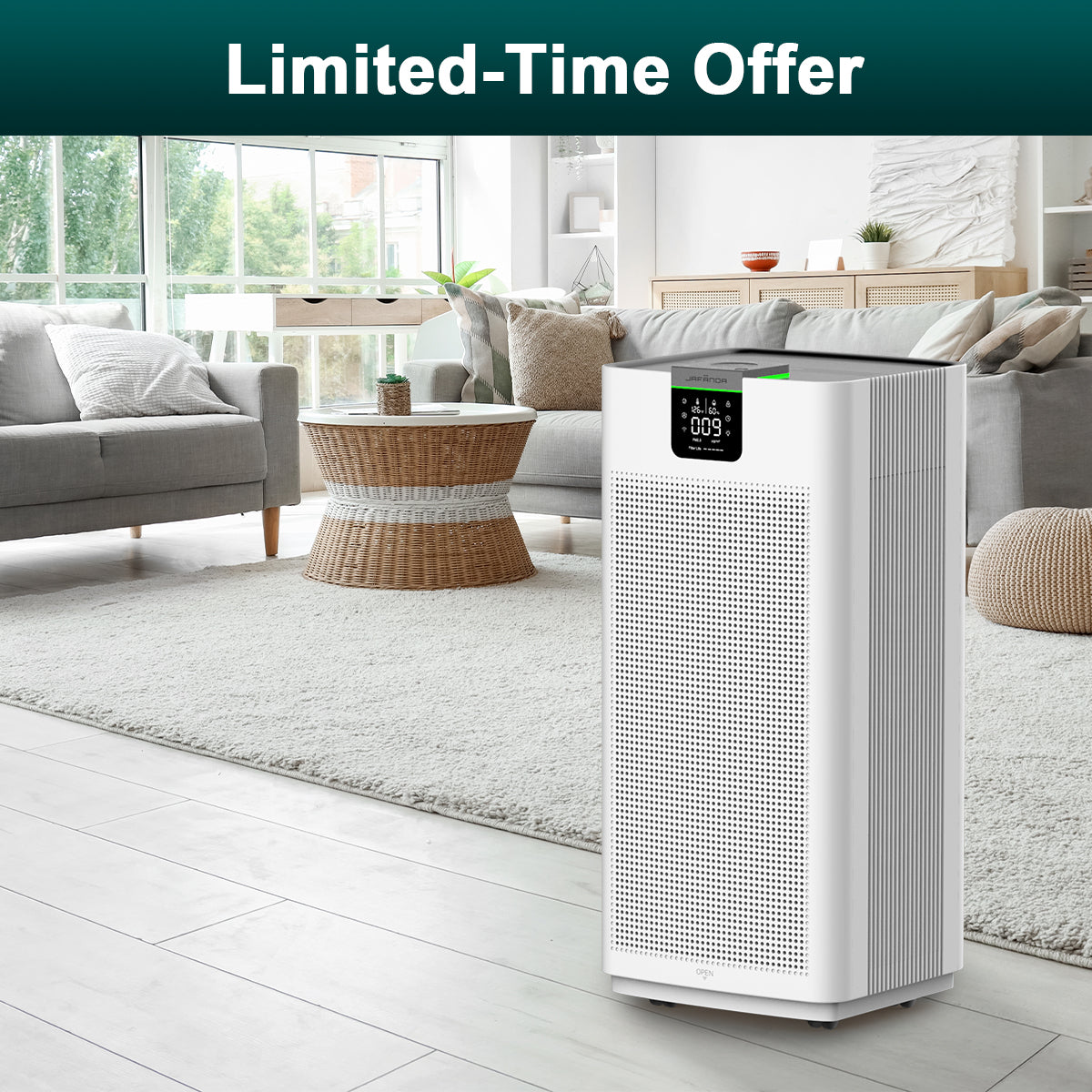
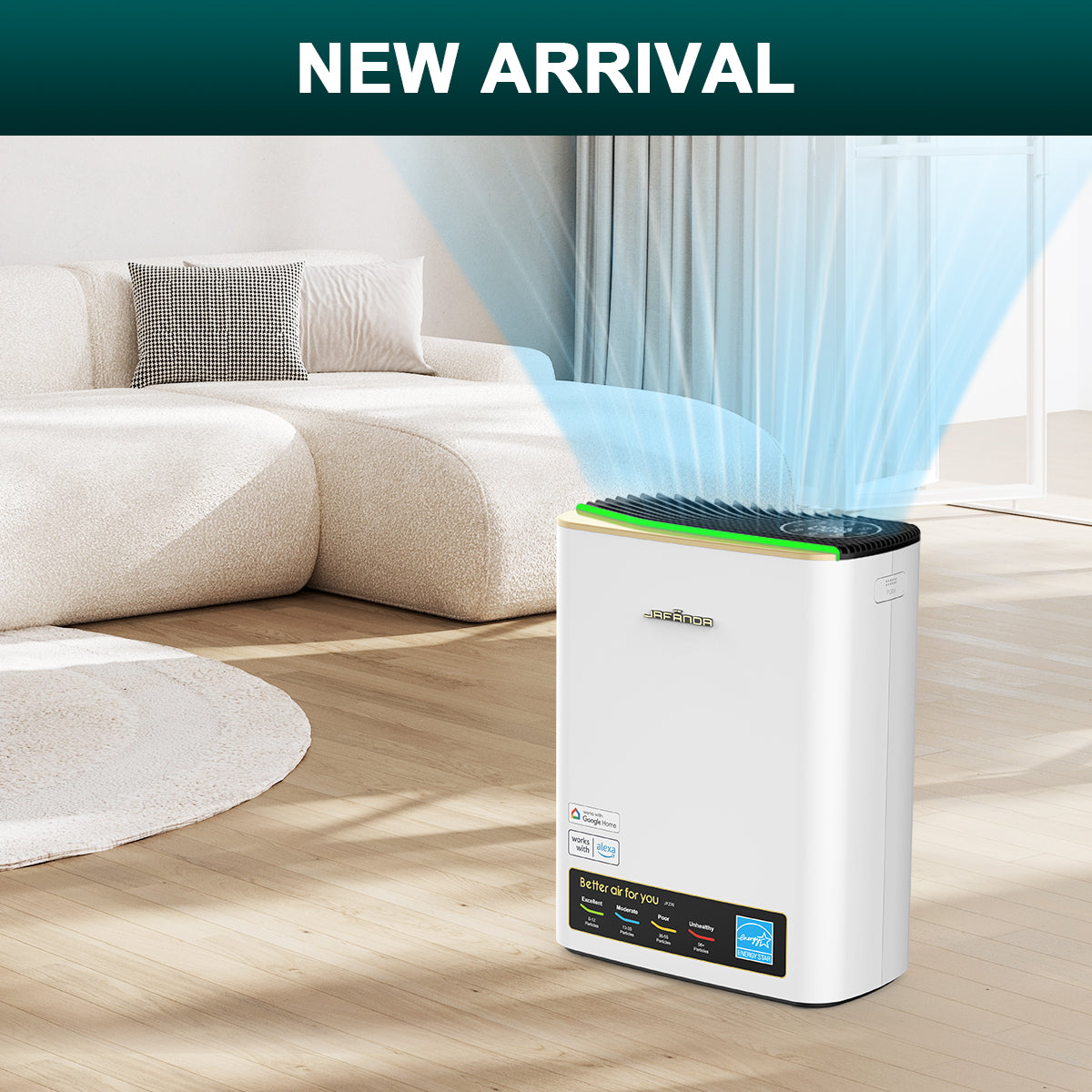

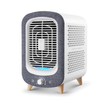
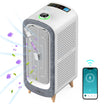
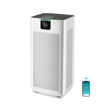
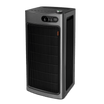
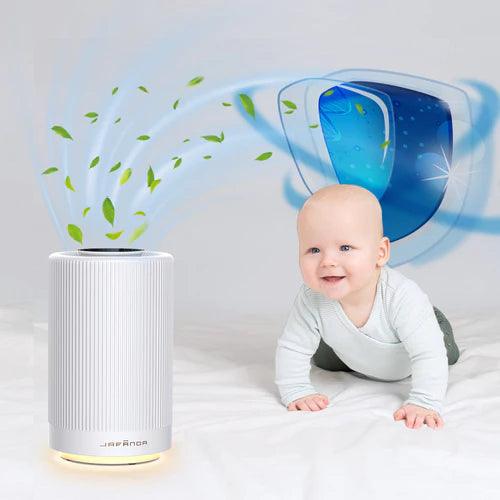
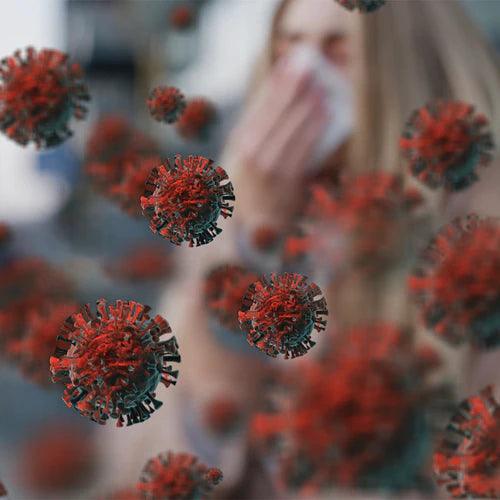
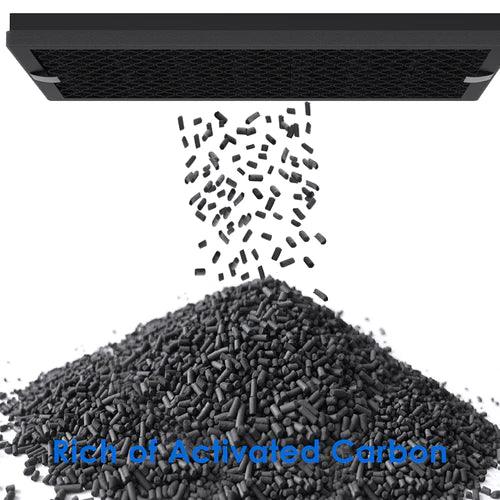
Leave a comment
All comments are moderated before being published.
This site is protected by hCaptcha and the hCaptcha Privacy Policy and Terms of Service apply.